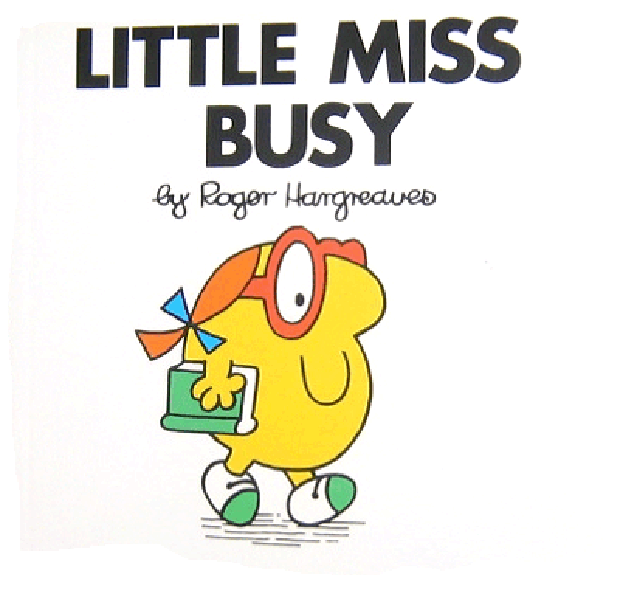I wrote this article for LinkedIn a few weeks ago which somehow got 78,000 views — it’s based very much on this article I wrote on this blog — and as such, I’m pretty interested in the whole notion of “The Busy Trap” or how people define the time they have. I know this sounds utterly misguided to read if you feel like a busy person, but I often feel like a lot of people run around and don’t accomplish that much — as in, there’s a significant difference between being busy and being productive. The latter implies a value-add. Also, being busy isn’t really the point of life — more on that in a second — so a broader hope is that everyone feeling busy will someday lead to an “Essentialist” movement. (That’s where people focus on the stuff that seemingly actually matters.)
First, let’s tackle this part. People love — looooooooove — to be busy. In fact, there’s research backing that up:
It’s actually instinctive to seek busyness. As a whole, people don’t like being idle or bored, or even left alone with their thoughts. Researchers from the University of Chicago found that when given a choice, people will say they prefer to do nothing — but then, even the tiniest justification is enough to convince people to fill their time.
There’s this professor at University of Maryland named John P. Robinson. He’s a sociologist. I had never heard of him until about six minutes ago, but his research is pretty interesting. His research is in the video above, as featured on the Dr. Phil Show. He studies how humans prioritize time — so much so that his colleagues call him “Professor Time” — and he’s done a ton of research on the matter. Here’s one that looks at “Subjective Time and Happiness” from 1965 to 2010. (It finds that Americans became less rushed during that period — which probably a lot of the cubicle set would disagree with — but also became no more happy.)
Now look at this, via Robinson:
Who among us are the most happy? Newly published research suggests it is those fortunate folks who have little or no excess time, and yet seldom feel rushed.
This busy but blissful group comprises 8 to 12 percent of Americans, making it “a small and unusual minority within the general population,” writes University of Maryland sociologist John P. Robinson.
According to his analysis, the happiness level of this group is 12 to 25 percent higher than that of those of most Americans. What’s more, while the general population’s happiness level is going down, theirs is increasing: 53 percent of people in this group called themselves “very happy” in a 2009 survey, compared to 48 percent in surveys from 1976 and 1982.
So the key is — it’s OK to have little-to-none in terms of excess time, but not feeling rushed. Hmmm. This makes some sense. It goes a little to what I was trying to say in the first paragraph above — and probably said pretty poorly — which is that people actually don’t like the chicken-without-a-head sensation, which is what a lot of jobs can cause you. Organizations tend to reverse course more than they need to, and please, for the love of all that is holy, continue to remember that most managers aren’t actually very good at their jobs. You have a five times greater chance of having a bad manager than a good one, give or take — and that will make you feel rushed and lacking time. Combine those two and bam, you’re not in the right sub-category via Robinson.
Robinson’s overall idea, then, is two-fold:
- Ignore the rat race.
- Try to reduce periods where you’re bored or lacking focus.
He explains that here in Scientific American, where they slugged the article “Happiness is being just rushed enough.”
A couple of weeks back, I wrote this article on mise-en-place as it applies to corporate America and, as I’m wanton to do, I shared it on Facebook. One of the comments was interesting; the woman said, “This is a great idea (essentially, the idea of having everything in place when you begin a work session, as cooks do), but the problem is, other people mess up your mise-en-place.” That’s true, and it goes back to the bad manager comment above. So here’s the real question:
If you achieve happiness by balancing out how rushed you are just enough, is that even possible when other people control your schedule in many ways?
In short, if this research is accurate, is it even possible to control your own happiness within the context of how busy you are? Or are you just on someone else’s wheel too much?
If you have thoughts, leave ’em in the comments — I’d be interested.
